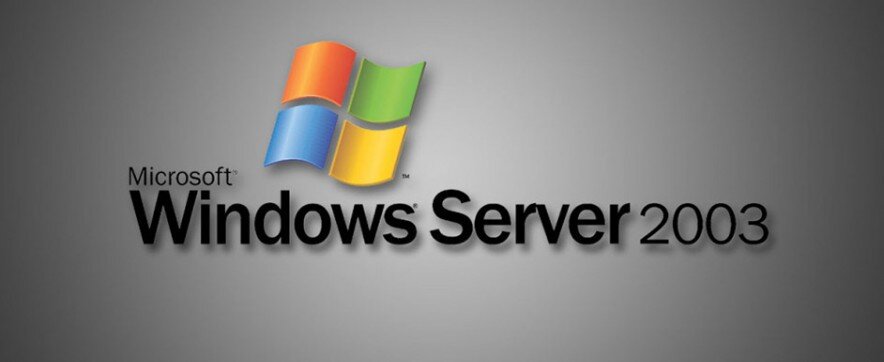It is always a struggle to explain to our customers how our network differs substantially form other IPS’s especially the cheaper, residential targeted providers. It is not until a customer leaves the PIP network that they realize that PIP is one of the few ISP’s that actually provide the speed and service that the client is actually paying for. This way they can utilize real time applications like cloud computing or VOIP.
Now the ACCC have published guidelines for ISP’s providing broadband services in Australia. Whether any of these are taken up is questionable as many ISP’s heavily rely on their non disclosure.
This has come about by the ever increasing volume of complaints and dissatisfied customers who have purchased broadband plans and speeds that do not meet their expectations or the advertised parameters. The ACCC reported consumers are consistently contacting them to report connections not meeting the promised performance or speed. These complaints centered around purchased speeds never reaching the advertised “up to” speed and more importantly significant lags during periods when consumers most wanted/needed the service.
During 2015-206 complaints to the Telecommunication Industry Ombudsman about internet speeds increased 48 percent, making it the largest issue that year.
ACCC chairman Rod Sims said vague speed claims provided by service providers was not providing “accurate, comparable or useful information”.
“Four out of five consumers have trouble comparing broadband speeds and this is causing a high level of complaints, confusion, and dissatisfaction,” he said.
For the present the ACCC have outlined six principles that could be adopted to provide consumers with a better understanding of the services they are purchasing. These six principles are –
- Consumers should be provided with accurate information about typical busy period speeds.
- Wholesale network speeds or theoretical speeds taken from technical specifications should not be advertised without reference to typical busy period speeds.
- Information about the performance of promoted applications should be accurate and sufficiently prominent.
- Factors known to affect service performance should be disclosed.
- Performance information should be presented in a manner that is easily comparable by consumers, for example: by adopting standard descriptive terms that can be readily understood and recognized.
- ISPs should have systems in place to diagnose and resolve broadband speed issues.



